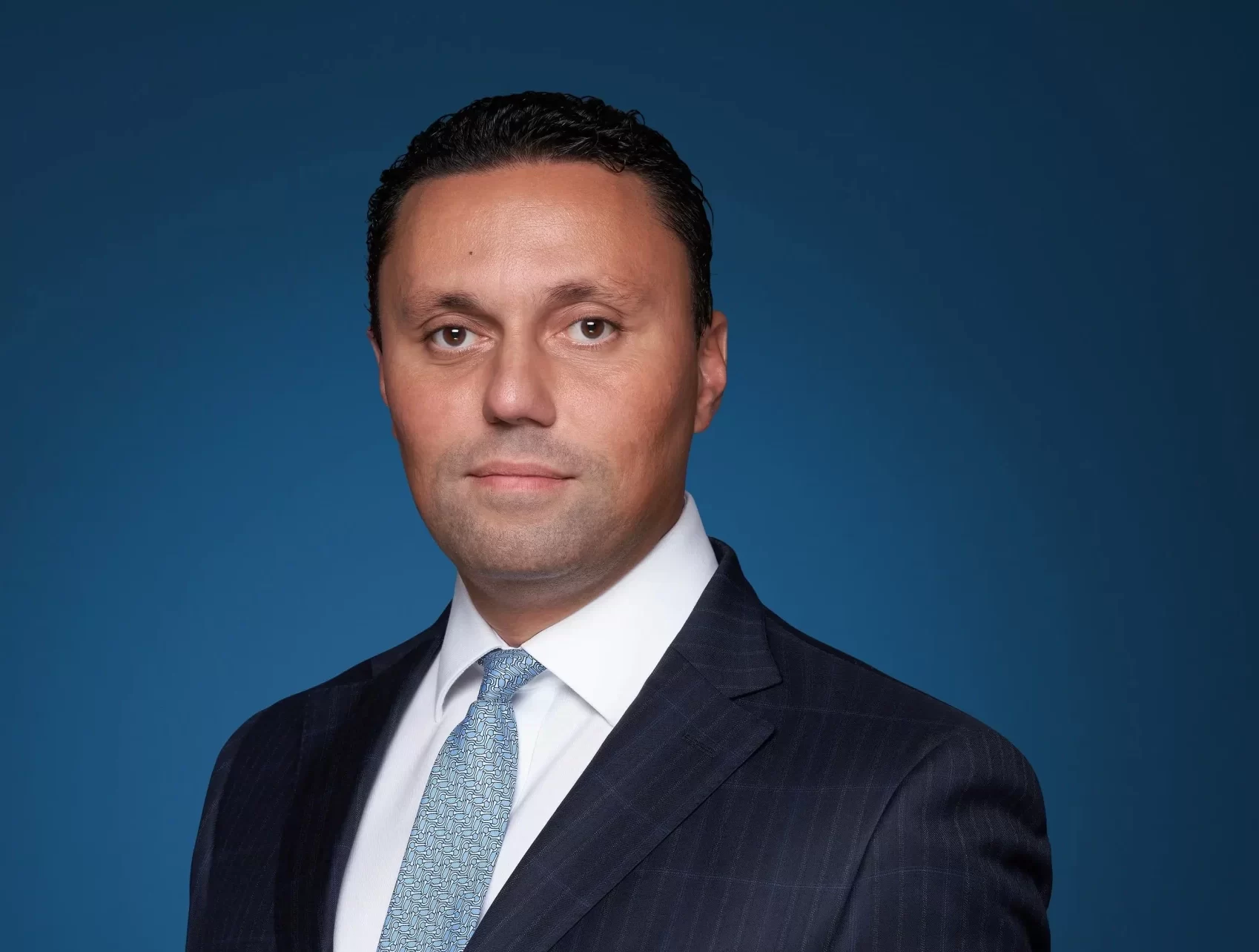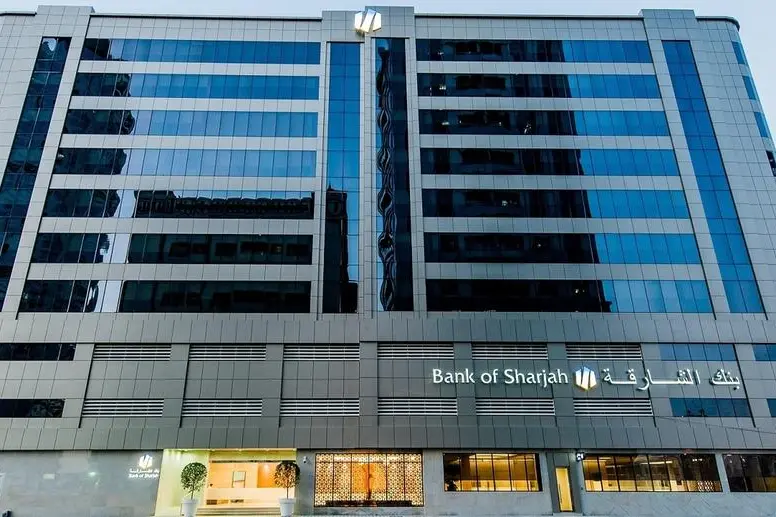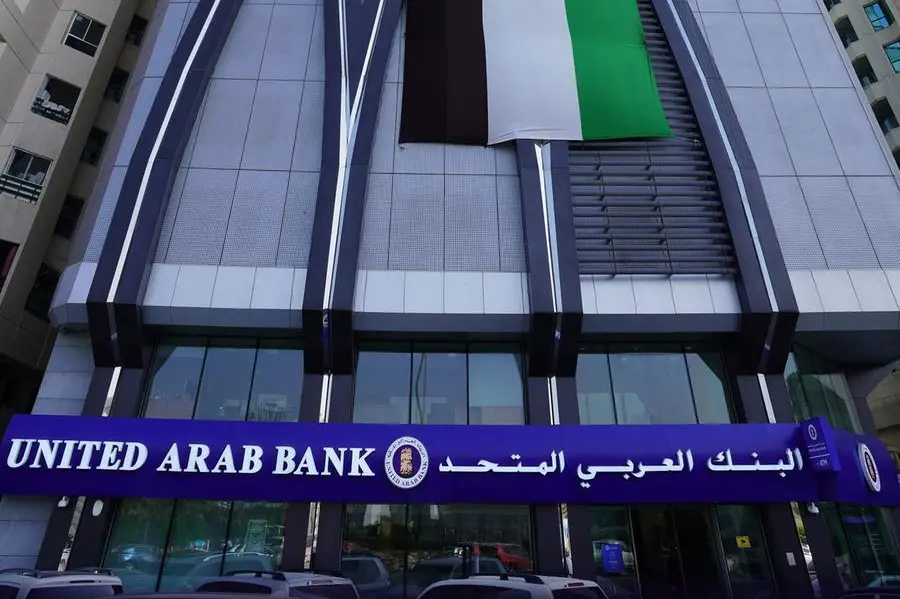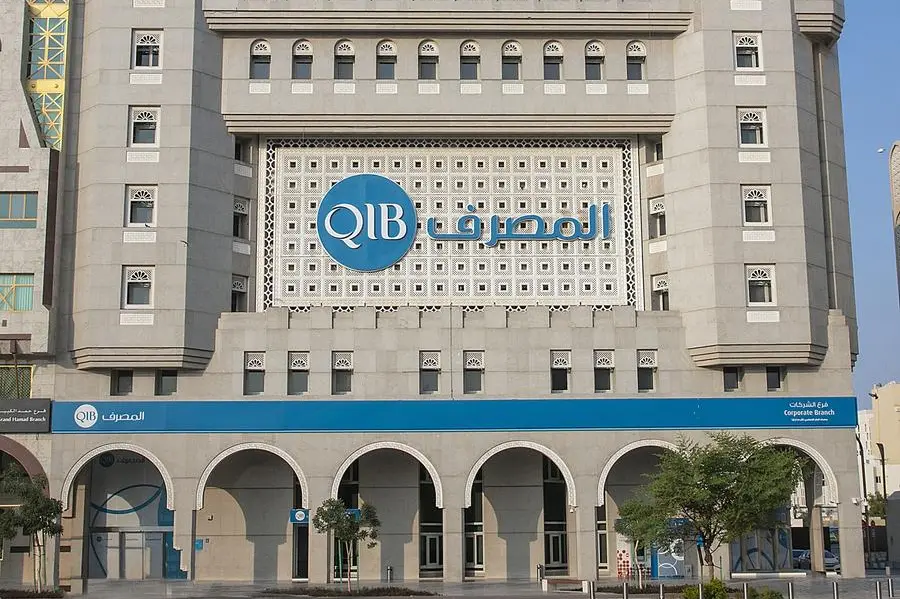HOW TO HANDLE MAKING MORE—OR LESS—MONEY THAN YOUR FRIENDS
Over the past year, I’ve watched as one friend lost a job, another scored a life-changing bonus, two took huge pay cuts and yet another sold a home at a large profit. As for me, my financial life sort of stayed the same. But what did all this mean for my friendships? An individual change in someone’s financial situation can have ripple effects throughout our greater social groups and wider peer networks, researchers and therapists say. One person’s financial loss and another’s sudden windfall can affect the ways in which we stay connected with our friends, and fights about money can lead to personal money problems or even friend breakups.
“The perception is ‘Oh, we’re on the same path,’ and as you get older, that’s not the case,” says Blake Blankenbecler , a financial therapist and friendship educator. “There is space to talk about it with your friends. But can it be cringy to talk about? Yes. Is it important to talk about? Yes.”
Humans typically gravitate toward people who are similar to us in some way, and we cling to that sense of similarity as the friendship grows and changes, says Rebecca Adams , professor of social work at the University of North Carolina-Greensboro. Individual privileges like family money, inherited wealth and more don’t always mean that perception is accurate, of course; but at the onset of a friendship, this sameness breeds closeness.
A growing divide
When we meet in college (as I met the folks now making up one of my oldest and dearest friend groups) or deskside at a job (how I bonded with two of my newer besties) we perceive ourselves to be on equal financial footing with the people we hold close. We chased down bargain-store deals and planned ad hoc dinner parties of rent-week leftovers. During an internship in New York, my best friend and I crammed together in the world’s tiniest sublet, subsisting off Trader Joe’s coupons and our dreams for the future. But more than a decade removed from those days, our financial lives have branched in all sorts of different directions. As we grow—or not—in our respective careers, these gaps in income and wealth will only widen, says Rhaina Cohen , a podcast producer and author of the coming book on friendship, “The Other Significant Others.” But we’re also loathe to change our behaviour or discuss how these individual ups and downs will affect the glue holding the friend group together.
“In my early mid-20s, people were pretty open about what they could and couldn’t afford, and things being expensive, but I think as people have risen up the career ladder, there is less conversation about that,” Cohen says. “The awkwardness of acknowledging that people are in really different places keeps people from having those conversations. But as we get older, these divides are more likely to crop up.”
Opening up the conversation
More often than not, the friend who’s suffered a financial setback feels the burden of communicating their new needs to the group—but doing so can be much, much harder to put in practice. Ashley Appelman , a 36-year-old living in Washington, D.C., took a significant pay cut after making a big career transition a few years back. At the time, her social calendar stayed packed with numerous friends’ weddings and bachelorette parties. Rather than bow out of these commitments or suggest cheaper alternatives, she decided that putting flights on her credit card and forgoing her savings goals was worth avoiding awkward conversations and pitiful glances.
“You don’t want to disappoint people,” she says. “I have given into so many things where I didn’t really have the budget, and I just did it.”
In her four decades of financial advising, Eileen Freiburger , managing director of the Garrett Planning Network, says she has often seen people’s behaviour change after a big money move in either direction. The friend in a lower-paying job finds themselves spending far outside their means, or the pal with more in the bank feels guilty after picking the expensive restaurant for dinner.
“Who you surround yourself with and your own value system will actively impact the next stages of how you handle your money,” Freiburger says. “Are you picking up those tabs because suddenly you can? Are you trying to spend with the Joneses?”
From her perspective, she has seen immense value in holding on to people who can ground you in your original values system, the rules you lived by before these “life happens” moments rocked your financial life. Sometimes, these people are the old friends from before; other times, they’re new friends you make after.
Finding the path forward
Financial advisers and friendship educators agree: Whichever side of the financial divide you now find yourself, the way forward for many true friendships is having more open, honest conversations about money and how it affects our relationships. These don’t have to be scary or stilted discussions, Cohen says, and they don’t have to happen in overtly formal, intimidating settings.
She recommends using a real-life example to open up a bigger conversation. For instance, if you’re buying tickets to an event, ask your friend how much money they plan to spend and why. That, in turn, can kick off a much deeper conversation about your relative finances. Cohen recommends a thoughtful line that struck me as especially empathetic and easy: “What would be helpful from me to make sure we’re on the same page about what we do together and how we spend money?’”
“There is so much that goes unsaid in friendship,” she says. “What I would want people to do is talk, to have open conversations with their friends about big transitions and big differences.”
Personally, I’ve been the friend in both positions: the richer friend and the definitely-not-rich one. I recently passed on a luxe vacation with one set of dear friends. I agonised over the decision, fantasising about suddenly finding a great flight deal or stumbling upon a can’t-miss hotel deal. After enough hours staring at travel booking sites, though, I knew my budget just couldn’t stomach it. And even though my friends understood—and of course they did! They’re good friends for a reason!—I had to hype myself up to send the “Hey guys, I’ve been thinking about our trip…” text.
Admitting I had to back out felt like a tiny failure, like I wasn’t as committed to the friendship as I had been in years past. But when another pal recently took a large pay cut as she pursued a more demanding—and lower-paying—career, I found myself on the other side of the table. After a handful of conversations about her reduced salary and inflexible schedule, I remembered my own struggle to send that text. I took the initiative to bring up the new discrepancy, suggesting we move our usual dinner-and-drinks hangouts to a lower-key TV night in. Six months later, I have to say: Both of our budgets are happier for it.
 Copyright 2020, Dow Jones & Company, Inc. All Rights Reserved Worldwide. LEARN MORE
Copyright 2020, Dow Jones & Company, Inc. All Rights Reserved Worldwide. LEARN MORE
Chris Dixon, a partner who led the charge, says he has a ‘very long-term horizon’
Americans now think they need at least $1.25 million for retirement, a 20% increase from a year ago, according to a survey by Northwestern Mutual
Highlighting a significant recovery and robust growth across all key performance metrics.
Bank of Sharjah has released its results for the period ending 30 June 2024, showcasing robust performance and strong momentum since the beginning of the year. The Bank reported a net profit of AED 171 million, a significant turnaround from the AED 144 million loss in the same period last year.
This remarkable improvement is attributed to a substantial increase in net interest income, stringent credit underwriting, and reduced operating costs, marking a 233% increase over the previous year when excluding the one-time impairment charge from de-linking its Lebanese subsidiary.
The Bank’s exceptional financial results highlight the effectiveness of its strategic focus on sustainable growth, with notable improvements across all major performance metrics. Funded and unfunded income both saw increases, with net interest income rising by 108% and operating income growing by 34%.

Additionally, the cost-to-income ratio improved significantly to 40.1% due to cost discipline measures. The balance sheet remains strong with a loans-to-deposits ratio of 86.63%, indicating comfortable liquidity. The Bank also maintains strong capitalization, with a regulatory capital adequacy ratio exceeding 15% and Tier 1 and CET1 capital ratios around 14%. These positive results underscore the Bank’s underlying strength, operational efficiency, prudent risk management, and ongoing enhancement of shareholder value.
Commenting on the Bank’s results, Sheikh Mohammed bin Saud Al Qasimi, Chairman of Bank of Sharjah, stated: “We are pleased with our outstanding performance in the first half of 2024, which reflects our commitment to adding value to our customers, supporting our communities, and rewarding our shareholders. Despite the challenging geopolitical situation in the region, the UAE economy has remained resilient and continues to register healthy growth following various economic diversification initiatives that provide consistent impetus for trade, investment, and wealth creation. Bank of Sharjah has entered a new chapter with a new leadership team, focused on building new business streams, expanding our reach across the UAE and the region, and delivering exceptional service to our customers.”
He added: “Our performance in the first half of the year demonstrates the effectiveness of our new strategy, and we look forward to delivering continued growth in the years to come.”

The CEO, Mr. Mohamed Khadiri, commented “2024 has begun exceptionally well for Bank of Sharjah, with the bank achieving a record year-on-year profit. I am delighted with our stellar performance as we continue to strengthen the bank’s fundamentals. Our outstanding results reaffirm that our new business strategy is on track to deliver sustainable revenue growth, driven by business expansion, operational efficiency, prudent risk management, and talent development. This achievement is also a testament to the Bank’s success in providing high-quality financial services that meet the aspirations and growing needs of our customers.”
He further added: “Bank of Sharjah is a strong and respected brand within the local community. We are leveraging our core strengths to build a platform that will operate at its full potential across the UAE and the region. The Bank remains focused on executing our strategy and is well-positioned to maintain strong performance throughout 2024 and beyond.”
Chris Dixon, a partner who led the charge, says he has a ‘very long-term horizon’
Americans now think they need at least $1.25 million for retirement, a 20% increase from a year ago, according to a survey by Northwestern Mutual





















